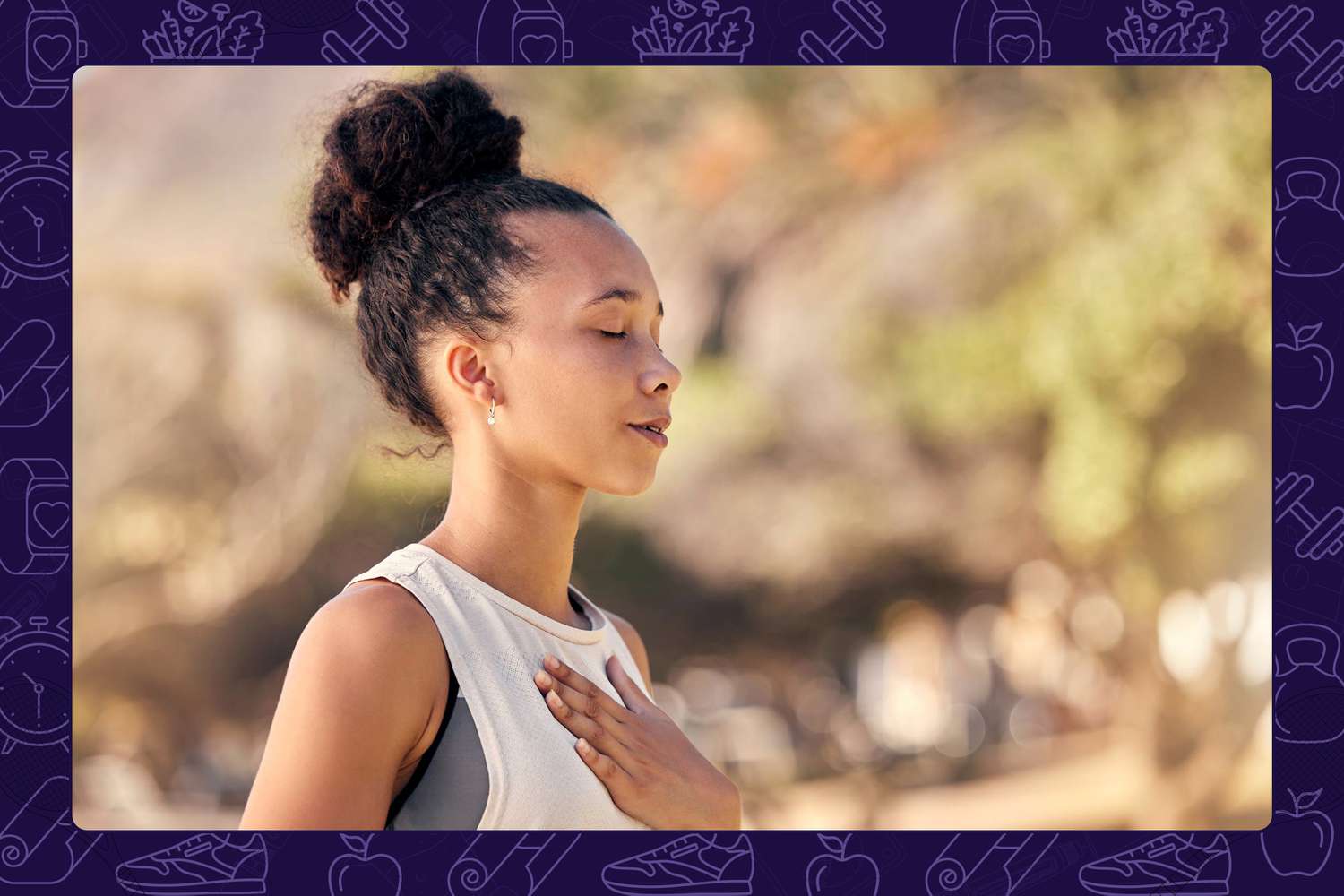Mental health is no longer a niche concern — it’s a fundamental part of our overall well-being. With rising stress levels, digital burnout, and social pressures, 2025 is the year to take your mental health seriously. This guide covers not just what you should do for your mind, but also how to do it, with the latest tools, trends, and honest reviews.
Mindfulness & Meditation: Still Worth It?
Mindfulness remains a top strategy for managing anxiety and depression, and in 2025, it’s more accessible than ever. Apps like Headspace, Calm, and Balance continue to dominate — but which is best?
-
Headspace: Great for beginners and those who prefer structured courses.
-
Calm: Known for its soothing voices and nature soundscapes, ideal for sleep aid.
-
Balance: Recently updated with AI-personalized meditations, making it stand out in 2025.
Quick Tip: Start with just 5 minutes a day. Even micro-meditation breaks have proven cognitive benefits.
Therapy Goes Digital: Are Mental Health Apps Really Effective?
Teletherapy and self-guided apps are changing the game. For those who may not be ready for face-to-face therapy, platforms like BetterHelp, Talkspace, and MindDoc offer an easy entry point.
-
BetterHelp: Offers real-time messaging and video calls with licensed therapists.
-
Talkspace: A more structured therapy experience, with insurance partnerships.
-
MindDoc: Tracks your mood over time and offers tailored mental health exercises.
Reviewed Insight: Users report better consistency and accountability with a human therapist than AI-only solutions — but hybrid models are rising fast.
Journaling: Old School or Essential?
Daily journaling is being backed by neuroscience in 2025. Apps like Daylio and Journey offer a digital twist on traditional journaling, tracking moods and patterns over time.
-
Daylio: Perfect for quick, emoji-based mood tracking and goals.
-
Journey: A more reflective, in-depth writing platform for those who want detailed entries and visual prompts.
Pro Tip: Write before bed to ease anxiety and sleep better. Journaling improves emotional processing and helps detect mental health red flags early.
Supplements & Tools: What Works, What’s Hype?
Mental health supplements are flooding the market. But are they safe and effective?
-
Magnesium glycinate and L-theanine remain scientifically backed for calming effects.
-
Ashwagandha is trending on TikTok, and while it shows promise for stress, dosage and sourcing matter.
-
NooCube and other “smart nootropics” are still controversial — some swear by the focus boost, others report no effect.
Safety Note: Always consult a healthcare provider before starting any supplement, especially if you’re on medication.
Final Thoughts: Build Your Toolkit, Not Just a Habit
Mental health care is personal. What works for someone else may not work for you — but the good news is, there’s never been a better time to explore. Try, test, and tweak your approach. In 2025, mental health isn’t a luxury — it’s essential.
